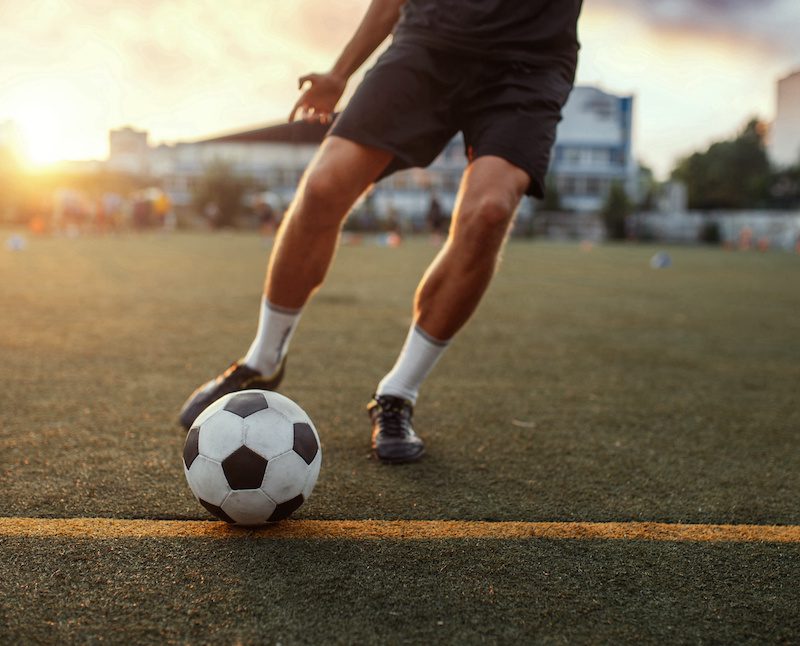Sports Culture and Substance Use
When you were a kid skating around the ice rink, kicking around a soccer ball, or playing catch with a friend – did you ever think that one day you or a teammate might struggle with substance use? And that it could directly be associated with the sport you love?
As sports maintain their popularity, it’s clear how much sports culture is associated with substance use. From beer leagues to the excess of ads from alcohol companies during sports games – sports and substance use have long been accepted as the norm.
For those in recovery, playing recreational sports or even going to a sports game can be a difficult world to navigate. Before jumping too far ahead into how sports culture can be more inclusive to those in recovery, it’s worth looking into where the fun of playing a sport can transform into battling addiction.
When Does it All Change?
Organized sports can be great for teaching teamwork and leadership. The bonds and connections made can last a lifetime. But team sports can also create an atmosphere of toxic masculinity. Locker room language and behaviour can begin to change as kids grow into adolescents and feel the need to be socially accepted by their peers.
Additionally, the close bonds formed can be influential outside of the locker room. The desire to fit in can lead teammates to want to impress one another through risky behaviour. Without being fully aware, some adolescents may be at risk of developing an addiction through a history of addiction in their family.
What’s more, young boys often aren’t taught the emotional literacy needed to express anger and frustration. Especially within sports. When you combine trauma, untaught coping skills, suppressed anger, and injuries, it can leave someone depending on substances to cope with the stress of it all.
Identity in Sports
There are many professional athletes who openly struggle with addiction. Whether it be from performance-enhancing drugs, substances, or prescribed medication. There are many avenues in which an athlete can battle addiction.
However, within sports culture, the focus isn’t necessarily on the substance of choice itself. It’s on the risk of developing an addiction while participating in organized sports. An athlete could be cut from a team, or injured and unable to play. Athletes need to be provided with tools to cope when the unthinkable happens.
Entire identities are created around sports, especially those who begin playing at a young age. When those identities are stripped, it can leave someone depending on substances to numb the pain of the loss.
The Importance of Sober Environments
Those in recovery who want to play recreational team sports can run into a few obstacles. When sobriety isn’t openly encouraged, it can leave individuals in recovery feeling on the outside. That’s why sober environments are crucial. Those maintaining their sobriety deserve to feel safe and enjoy a friendly game of sport, all at the same time.
Providing safe spaces allows for greater success in recovery. Knowing a community of like-minded individuals exists can really help those in need of sober connections. And as we’ve stated before, connection is a huge component in recovery.
The Takeaway
Having open conversations with young athletes and discussing the risk of substance use is important. Coaches, parents, and teammates all shape the lives of adolescents in sports. Honest conversations and education on substance use are small components of protecting those at risk from battling addiction down the road.
Sunshine Coast Health Centre’s nonprofit recovery initiative, Sober Sports, aims to provide a safe, fun, and supportive atmosphere for participants to enjoy the benefits of sport, recreation, and physical activity. Anyone is welcome to join and previous experience isn’t necessary. If you or a loved one is struggling with addiction or mental health, give us a call today.
Sources
https://www.cbc.ca/news/canada/edmonton/sports-athletes-addiction-1.3998146
